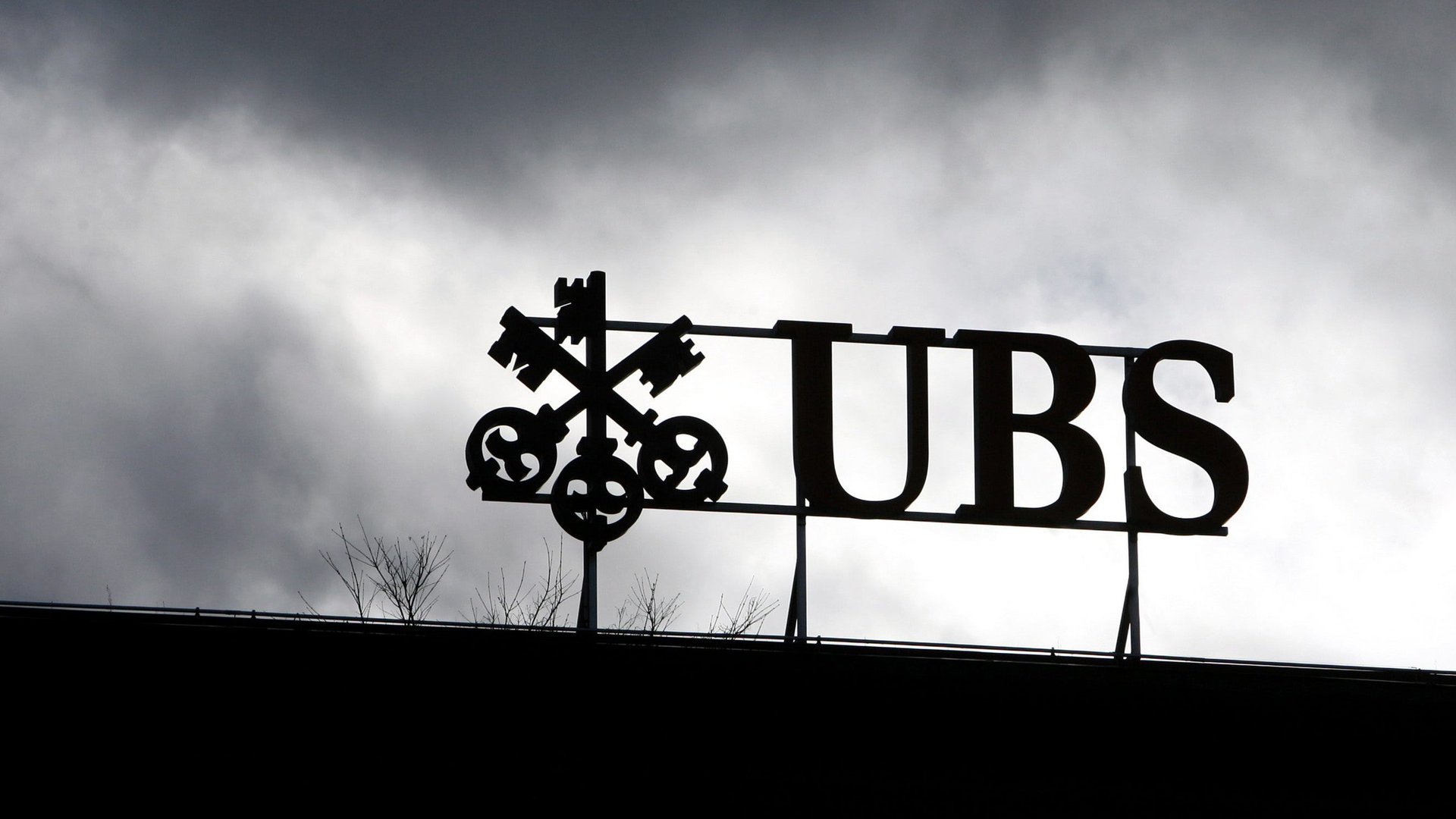A bond trading unit UBS is axing actually had a solid 2012
A funny thing happened to the corporate bond trading unit that UBS is in the midst of mercilessly axing: It did well in 2012.


A funny thing happened to the corporate bond trading unit that UBS is in the midst of mercilessly axing: It did well in 2012.
Back in October, the Swiss banking giant shocked global Wall Street when it announced plans to essentially exit the bulk of the bond-trading business. The plan was to eliminate some 10,000 people as it exited risky fixed-income trading.
This plan didn’t come out of nowhere. Recent goings on in UBS fixed income included a $2.3 billion loss from unauthorized trading. And fixed income was also the area where a few traders allegedly fiddled with Libor rates. UBS forked over $1.5 billion to global regulators in December to settle that bit of unpleasantness. Such payments were a big reason that the fourth-quarter results the bank reported yesterday were bad.
But somewhat oddly, among the bright spots in the earnings report, UBS spotlighted strong performance in its “credit” trading business—that’s financial-ese for non-government bonds—where revenues were up 27% for the year. That struck some analysts as somewhat odd, given UBS’s high-profile push to cut its risk-taking—as measured by something called “risk-weighted assets,” or RWAs—in this area.
“I was quite surprised how strong Credit was. Are there any one-off positives in there from derisking, or I mean what’s the long term strategy or expectation of remedies from Credit, because I thought that was there the RWAs were coming out?,” asked Fiona Swaffield, a banking analyst with Royal Bank of Canada.
In response to that question, UBS executive Tom Naratil was put in the somewhat awkward position of pooh-poohing the positive results, while promising that those trading revenues will continue to shrink.
On your question on FICC and the result there, I’d say first, I think our teams in Credit and Rates actually handled the reduction of the positions in the portfolio extremely well and as a result of that I think some of the outperformance is also in reducing positions in a very smart way during the course of the quarter. So there may have been some flattering benefit too as a result of that.
Second, we also, when we announced the acceleration of our strategy, also indicated that we wouldn’t drop in- flight client transactions; that we’d complete anything that was in the pipeline. So we had a couple of more advisor-related types of roles in structured solutions and in real estate where those had already been set up and we completed those transactions with our clients during the course of the quarter. So I think in order to get more visibility on that certainly will be helpful when you see our first quarter results…
Hinting of lower returns to come usually isn’t what investors want to hear—and the stock did slip 0.2% Tuesday. But by and large, UBS shares have been rallying for months on hopes that the worst is behind the Swiss bank. The stock is up about 49% over the last six months alone.